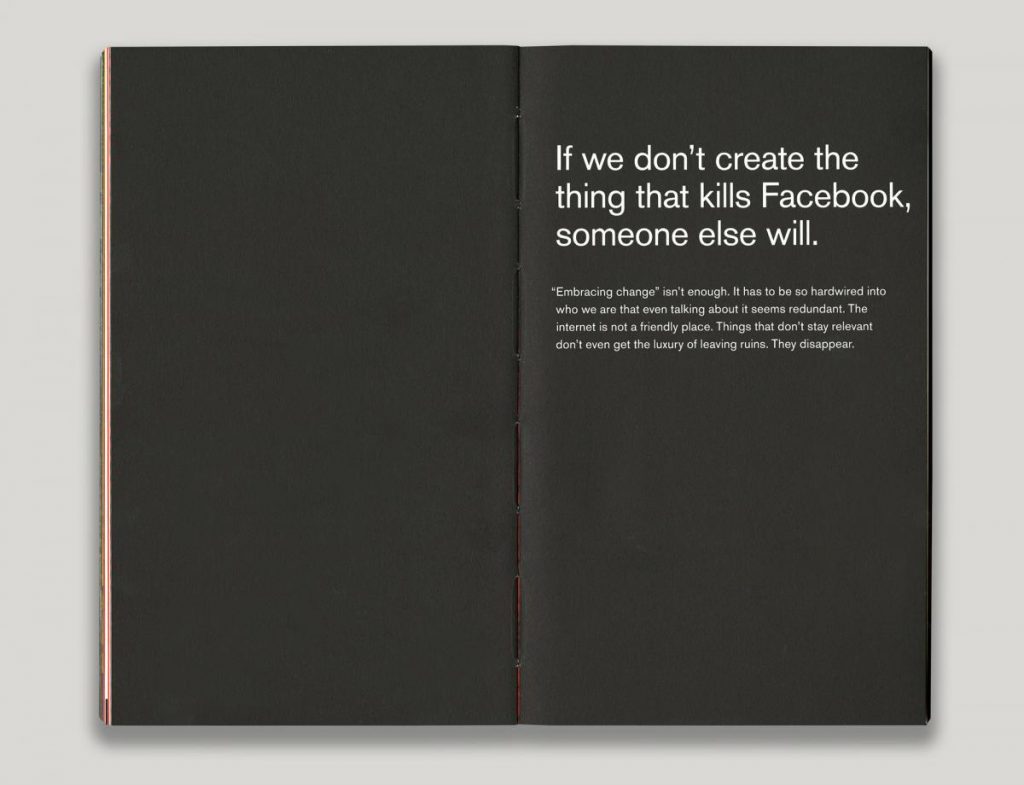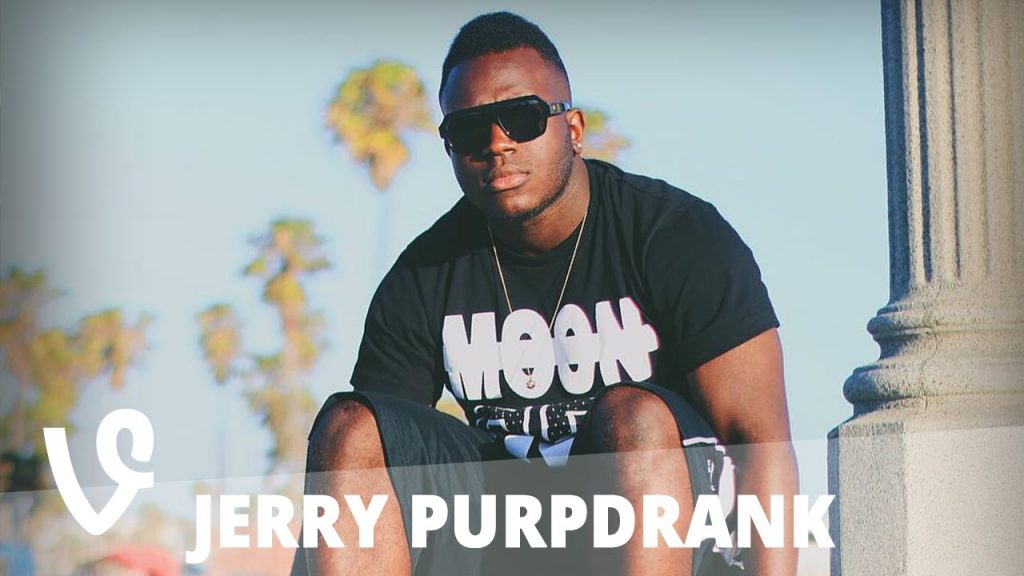Last week, Twitter announced it was closing Vine – the 6 second video service.
It wasn’t a huge surprise – the platform has been stagnant and in decline for some time.
Why is Twitter Killing Vine?
It’s a play designed to bolster Twitter’s profit by removing unprofitable business units. Twitter’s been shopping for a buyer for months and while there have been plenty of tyre-kickers, they’re yet to sell.
Any speculation at this point is just that – but the beleaguered social media site also reported that it was cutting 9% of jobs, off the back of posting a $103 million loss for the quarter (which was actually an improvement – they posted a $132 million loss for the same quarter last year).
So, how does this happen? How does the site that was once the social media platform – that duked it out with Facebook for social media supremacy of the world – go from dominating to not being able to find a buyer?
Over the last few years, he company has taken the typical tech-company, product focused route of building out and buying business units – Vine, Periscope. The problem with this strategy is that in doing so, they’ve neglected their core offering.
Think about it like this – when was the last time Twitter did anything that annoyed its users?
Sounds like a positive, right? And yet – not so much.
How is Facebook still dominating year after year?
Simple –
This page is from the handbook that all new Facebook employees receive. I reference it all the time, because on this one page, it encapsulates why Facebook is still winning the social media wars, leaving everyone else in its wake.
If we don’t create the thing that kills Facebook, someone else will.
“Embracing Change” isn’t enough. It has to be so hardwired into who we are that even talking about it seems redundant. The internet is not a friendly place. Things that don’t stay relevant don’t even get the luxury of leaving ruins. They disappear.
Yes, the constant changes and updates annoy Facebook users. Yes, every time there’s a redesign, people complain for a few weeks. However, the very same thing they’re complaining about is why Facebook continues to feel fresh, while Twitter feels like a relic from 2008.
This thinking has kept Facebook ahead of the game, while other platforms wither and die around it.
The only thing Twitter has done in the last few years that’s annoyed anyone was their advertising offers – which was predominantly responsible for their revenue growth.
Reliance on any single channel is dangerous …
When leads are easy and engagement is bountiful, marketers get lazy.
We know not to rely on a single platform. We know things change. We know that next year, Facebook could be MySpace.
But not right now! Right now everything is sunshine and lollipops and rainbows, so let’s just ride it out!
This thinking is dangerous.
Let’s take, as an example, a “Social Media Influencer” whose main channel was Vine.
Jerry Purpdrank:
Vine: 9.3 Million
Facebook: 3.4 Million
Instagram: 3.1 Million
Look, 3 million+ people on Facebook and Instagram is nothing to sneeze at, sure. But, even assuming that there’s NO cross over between the Facebook and Instagram audiences (unlikely, but let’s assume) – he’s still lost 33% of his audience in one fell swoop.
Given that Social Media Influencers income is typically a direct reflection of their reach, this is a huge blow.
And there’s follow-through damage – businesses that have sprung up around representing these influencers will also feel the sting.
Of course, the move wasn’t a total surprise. Many of the biggest Vine stars have been working towards building audiences across platforms for awhile. The ones who’ll be the most hurt, however, are the ones who left it too late – or the ones who haven’t been as successful at cross-pollination.
The reality – now and always – is simple. If you don’t own the platform, you can’t control the platform.
Even taking your audiences across platform is dangerous.
“But Instagram and Snapchat aren’t going anywhere!”
Sure. And neither was Twitter two years ago.
What’s All This Got To Do with Facebook Groups?
Realistically, if you’ve got a hyper-engaged audience you get one, maybe two at the outside, shots to move and have them follow you. So long as the place you’re taking them is still not under your control, you’re once again open to the whims of the platform.
I’ve been saying this about Facebook Groups for more than a year.
That statement has often been met with eye-rolling and the assurance that Facebook Groups aren’t going anywhere.
I’m not playing a “Facebook is dead!”, controversy game. Facebook isn’t dead. Facebook isn’t going anywhere in the foreseeable future.
Facebook is now a publicly traded company. One whose valuation is astronomical. And one whose valuation will drop significantly over the next few years if it can’t back up the valuation with real profits and actual money.
It’s fine to be an over-priced Unicorn when you’re privately funded by VC – your investors understand the long game and don’t expect to see an immediate return. But once the doors are open to “mom and pop” investors? Real money becomes an issue.
Earlier this year, people I know who run social media agencies began reporting that Facebook Groups were being shut down. When we started looking at which groups, it seemed to be those related to business and sales (both “prospecting” groups and groups that were part of paid programs).
If your entire prospect list is a Facebook Group, you should be very, very worried. Especially with the introduction of Workplace, through which it seems pretty clear Facebook are going to work on monetising business communities.
And rightly so. There’s a huge untapped opportunity here. Why shouldn’t Facebook be making a cut of the money people are making and taking through their platform?
Facebook owes you nothing. Twitter owes you nothing. Instagram, Snapchat, Pinterest – they owe you nothing.
So long as you’re reliant on them, YOU owe THEM.
If you take nothing else from the death of vine, take this:
The internet is the definition of non-permanence. If you’re not thinking two, three, four years ahead you’re already behind the game.
What are you going to do about it?



So, what platforms do you suggest growing, based on current trends and longevity? To make sure we’ve diversified.
The platform you OWN … 🙂